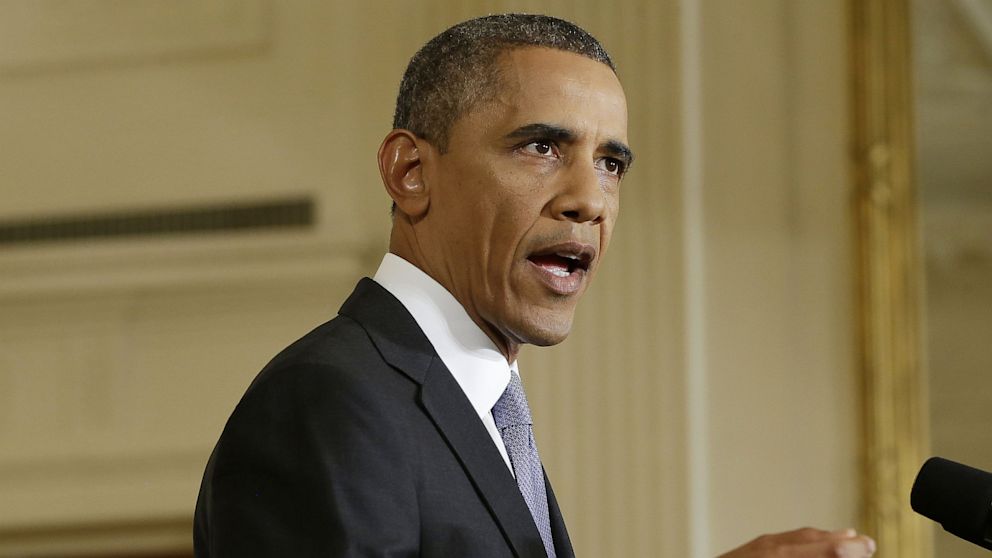President Obama's Surprise Revelation of Sealed Benghazi Indictment

President Obama surprised aides when he revealed today the existence of a
sealed indictment in the Benghazi, Libya, attack, leaving some
wondering if he crossed a legal line.
At a press conference at the White House, President Obama was asked
whether justice would come to those responsible for the terrorist attack
nearly a year ago in Benghazi, Libya, that killed four Americans,
including the U.S. ambassador.
"[W]e have informed, I think, the public that there's a sealed
indictment," the president responded. "It's sealed for a reason. But we
are intent on capturing those who carried out this attack, and we're
going to stay on it until we get them."
That marked the only official confirmation so far of a sealed indictment
in the Benghazi case. For days, officials across the law enforcement
and intelligence communities have refused to publicly confirm reports of
a sealed indictment.
After all, according to federal law, "no person may disclose [a sealed]
indictment's existence," and a "knowing violation … may be punished as a
contempt of court." Contempt of court carries a maximum sentence of six
months in jail.
A U.S. official, speaking on the condition of anonymity, called the president's disclosure "crazy."
"Doesn't the law apply to the president too?" the official asked, and then jokingly added, "I guess he could pardon himself."
In fact, though, the president is effectively immune from breaking the
law when it comes to a sealed indictment, according to a former
prosecutor in the Justice Department's Public Integrity Section
"The [president], by virtue of his position, can't violate any
non-disclosure/confidentiality rule," said Peter Zeidenberg, now in
private practice in Washington. "One of the perks of being the head of
the executive branch: Nothing he says is technically a leak. If he does
it, it is authorized."
However, Zeidenberg acknowledged "an argument could be made that a sealed matter can only be unsealed by a court."
Zeidenberg helped lead the investigation into who leaked the secret
identity of CIA agent Valerie Plame in 2003 and the subsequent
prosecution of vice presidential aide "Scooter" Libby for lying to
federal officials about his role in all of it.
After the president's remarks, a spokesman for the U.S. Attorney's
Office in Washington, where the sealed indictment is believed to have
been filed, still declined to comment about reports of a sealed
indictment in the Benghazi probe. An email asking specifically about the
president's remarks was not immediately returned.
Despite the president's chosen words, a White House official insisted he
"was simply referencing widely reported information and was not asked
about, nor did he comment on any specific indictment."
A Justice Department spokesman declined to comment,
ABC News' Mary Bruce contributed to this report
No comments:
Post a Comment